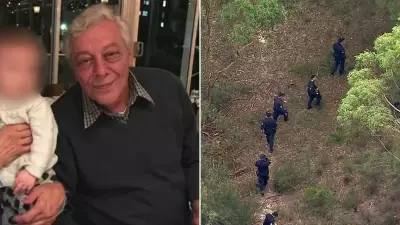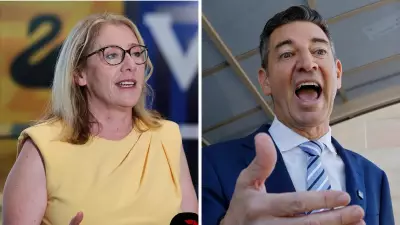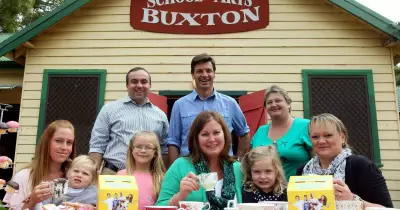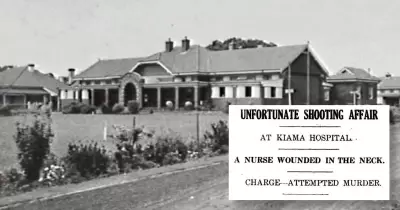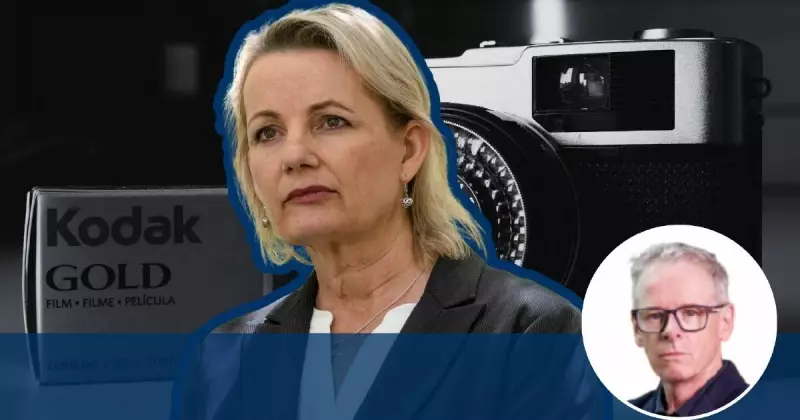
The Australian Liberal Party is confronting what political analyst Mark Kenny describes as its 'Kodak moment' - referencing the photographic giant that dominated the 20th century but failed to transition into the digital age.
Nationwide leadership instability
Across Australia, conservative parties are experiencing unprecedented leadership turmoil that suggests deeper structural problems rather than simple personnel issues. In the past fortnight alone, multiple leadership changes have occurred at state and territory levels.
Former radio personality Mark Parton assumed leadership of the ACT Liberals after his predecessor was considered unelectable before facing even one election. In NSW, both Opposition Leader Mark Speakman and Nationals leader Dugald Saunders were replaced within days, with first-term MP Kellie Sloane taking the Liberal helm.
Victoria witnessed what Kenny describes as 'Big Bash' style politics, with Brad Battin being dumped on Tuesday in favour of first-term MP Jess Wilson, who at 34 becomes the Victorian Liberals' first female leader. This follows the spectacular political demise of John Pesutto, who was sued into penury by one of his own hardline MPs.
Structural crisis beyond leadership
According to Liberal Party insider Jane Buncle, the problem is fundamental rather than superficial. She argues the party must either 'renew or expire' and that the issue lies with 'the horse, not the jockey.'
The crisis extends beyond personnel to what Kenny identifies as an attitudinal problem. The party appears trapped in nostalgia, similar to Kodak's emotional connection to film photography that ultimately led to its downfall after phoenixing from Chapter 11 bankruptcy twelve years ago.
Kenny draws parallels between photography's inherent backward-looking nature - 'valorising the past' - and conservative politics that often romanticizes 'better days.' He references Paul Simon's song Kodachrome, which celebrated the film's 'nice bright colours' that preserved 'the greens of summers.'
Women emerging at crisis point
Notably, women are increasingly being elevated to leadership positions during this crisis period. Sussan Ley faces leadership challenges federally, while Jess Wilson in Victoria and Kellie Sloane in NSW have taken helm of their respective opposition parties.
Kenny describes this phenomenon as the 'glass cliff' - where competent women are finally acknowledged 'when the suits have been exhausted, and the show is basically cactus.'
The analysis suggests that women are writing some of the most perceptive commentary about the Liberal Party's identity crisis, with Buncle arguing for a conservatism that 'steadies rather than inflames' and moves with contemporary Australia rather than resisting change.
The party faces a critical choice: adapt to complex economic, social and organizational changes or risk shrinking around 'an ever-narrower core' while the country moves toward industries defining the next century, workplaces shaped equally by women, and a society enriched by migration.



